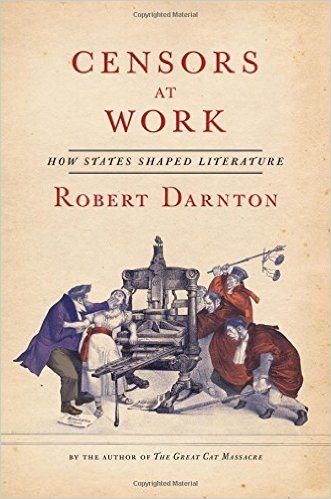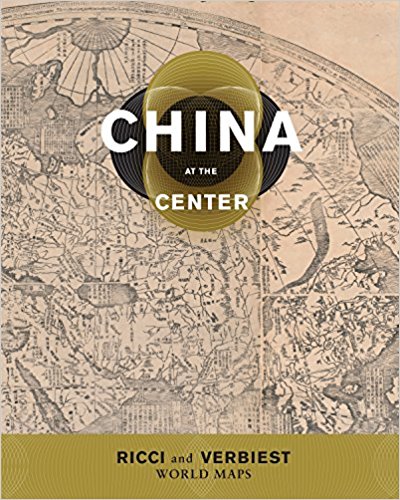Censors at Work: How States Shaped Literature
Darnton begins this book by declaring that censorship is an often misunderstood topic, but one that is especially important to tackle in our age of new methods of communication—already watched over by the NSA. At the end of this book, I still do not understand whatever larger point he may have been making, but at least I have a better understanding of how censorship worked in three specific times and places in history.
The three major sections of the book each take on a time in history notorious for the work of censorship by the government. These examples illustrate and warn of some of the effects of governmental influence on the written word. Much of the work of censors starts out as well-intentioned, beneficial even. At first, the work of a censor seems much like the work of, say, an acquisitions editor…at least until the police and/or courts become part of the equation.
This book appears to be well-researched, but reads as a dry collection of names and dates. Every now and again, a juicier tidbit emerges, like the story of the Versailles chamber maid who tried to make some extra money by gossiping about royal affairs. More of such tantalizing narrative would have improved the reading, but history lovers should enjoy.
| Author | |
|---|---|
| Star Count | 4/5 |
| Format | Hard |
| Page Count | 304 pages |
| Publisher | W. W. Norton & Company |
| Publish Date | 2014-Sep-02 |
| ISBN | 9780393242294 |
| Bookshop.org | Buy this Book |
| Issue | January 2015 |
| Category | History |
| Share |









Reviews
There are no reviews yet.